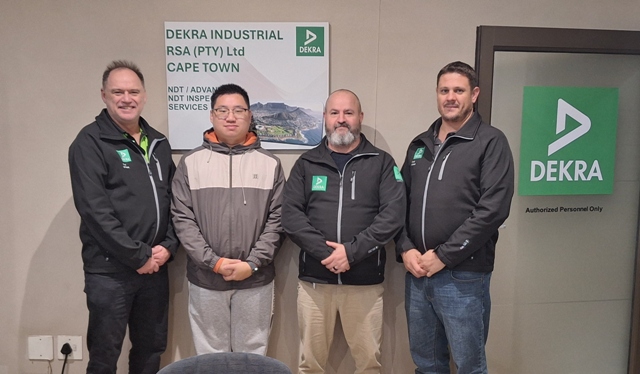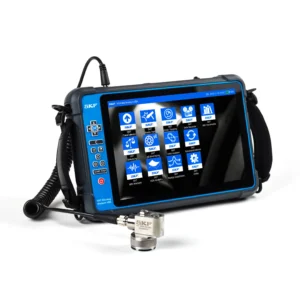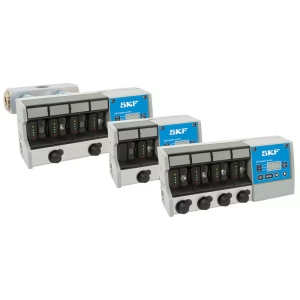DEKRA Industrial South Africa has successfully completed an advanced road mapping project for DEKRA Japan, collecting highly accurate, terrain-specific data across five key South African routes. The initiative forms part of a global effort to enhance infotainment and navigation systems for the automotive industry, ensuring they are calibrated to real-world conditions and optimised for diverse environments.
“This project proved South Africa’s unique value to the global automotive sector. In one country, we can offer virtually every road type and weather condition in the world, from mountainous passes to urban gridlock, and from tropical humidity to dry semi-desert. This diversity allows us to test vehicle technologies in ways that deliver meaningful, real-world insights for our clients,” says JP Muller, Supply Chain and Inspections Manager at DEKRA Industrial.
The mapping data gathered will enable international automotive manufacturers to fine-tune advanced driver-assistance systems (ADAS) and in-vehicle infotainment (IVI) technologies for African conditions. “By providing manufacturers with terrain-accurate data, we help them fine-tune lane-keeping assist, adaptive cruise control, and navigation routing – so drivers get safer, more accurate and more user-friendly systems,” says Muller.
Overcoming technical and logistical challenges
The project demanded precision and adaptability. As Muller explains: “We faced everything from patchy network coverage in rural areas to unpredictable weather. To keep the data flowing, we ran duplicate GPSs (global positioning systems) on two different mobile networks and used high-quality GoPro cameras to make sure every image was crystal clear.”
Through pre-route reconnaissance, adaptive scheduling, and multi-network SIM configurations, the team minimised downtime and delivered accurate, report-ready data on time.
This achievement demonstrates DEKRA Industrial’s ability to deliver internationally compliant, high-quality data in diverse – and frequently challenging – African conditions. Muller believes the country offers unmatched testing potential. “There is a niche market here for global manufacturers. That is why international clients keep coming back.”
Electric vehicle (EV) testing breakthroughs
In addition to mapping, DEKRA Industrial tested pre-launch BYD electric vehicles in South Africa. The tests covered energy usage, charging efficiency, regenerative braking, satellite navigation accuracy, and performance under load. “It was the first time I had ever driven an electric vehicle, and I can tell you: it is the future,” said Muller. “I would buy one tomorrow, but the charging time here is still much longer than in places like China, where a full charge can take just 15 minutes.”
The data also revealed the impact of South Africa’s varied terrain on battery performance: “We found battery life was slightly shorter than expected under certain conditions; however manufacturers told us our roads are excellent for testing – even better than in some parts of Europe,” Muller notes.
To ensure accuracy, the team used calibrated metering for energy use and verified geolocation with multi-constellation global navigation satellite system (GNSS) receivers.
Advancing safety and market readiness
Artificial intelligence is already supporting DEKRA Industrial’s data processing. “AI helps us to spot anomalies in massive datasets, like variations in EV range across different terrains,” Muller explains. “In the future, we will use it for predictive modelling, so we can simulate performance in conditions we have not yet physically tested.”
DEKRA Industrial’s mapping insights directly improve ADAS and IVI capabilities – ensuring vehicles are safer, more reliable and more suitable for their target markets: “By delivering precise, high-quality data from both mapping and EV testing, we help manufacturers bring vehicles to market which are better adapted, safer and more reliable. This is a win/win for global clients and for South African drivers alike.
With further vehicle testing projects already planned, DEKRA Industrial is set to expand its role in shaping the future of automotive technology in Africa and beyond,” Muller concludes.







